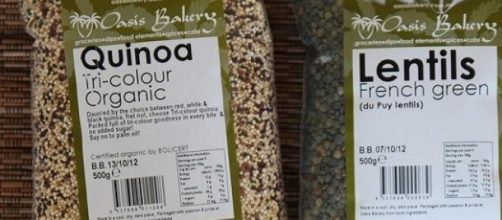It has long been championed by food aficionados as a superfood (aka yielding supposed health benefits), but it seems that quinoa's virtues are now not without some recognised backing from the scientific world. Harvard's Public School of Health researchers have determined that it could be a vital element in avoiding early deaths in the populous in general. Through their research, they have been able to postulate that the risk of premature death from a number of diseases, including heart disease, cancer and diabetes could be reduced by as much as 17%, through the ingestion of a daily portion of quinoa, cereal fibres and whole grains.
The research indicated that through ingestion of an increased amount of whole grains, there was a corresponding 11% reduction in the likelihood of death from a respiratory disease; that figure increasing significantly to a 48% reduction in the risk from diabetes.
Considering cereal fibres consumption, increasing the intake of them led to a 15% reduction in the chances of dying from cancer. The study's findings indicated that the reduced risks were independent of any consideration of the lifestyle and general health considerations of the people involved. So, whether the people were found to be obese, to smoke or not partake in regular physical activity did not seem to have a direct bearing on the results.
Whether the majority of the public would wish to partake of such a 'delicacy' as part of their regular diet is quite a different matter, despite many already being fully aware that quinoa is a grain high in protein and having more complete amino acids than other grains out there. The taste can put some people off, but there are (allegedly) methods available to make the thought (and taste) slightly more palatable.
One suggestion involves putting the quinoa in a pot with hot water and then bringing the combined mixture to the boil. At that point, a lid should be applied to the pot and the heat turned off, allowing room for the steam to escape. After about an hour, the pot of quinoa should be cooked and fluffy in texture. After heating it up for a short while once more, the addition of some sea salt and virgin coconut oil when eaten in a bowl, should make it a little more edible to the discerning palate.

